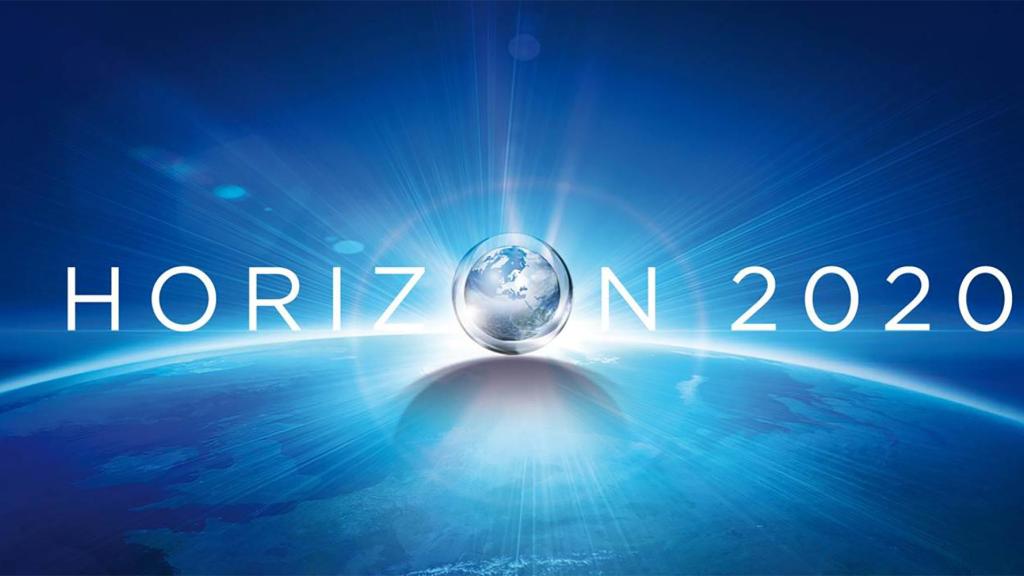
EU research funding opportunities
In a guest post, Dr. Catherine Halbert, Director of Halbert Research, reports on the opportunities for EU funding available to cancer researchers:
While excitement is building about the next EU research funding programme ‘Horizon Europe’ due to start in 2021, it is important to remember that there is still €30 billion available in Horizon 2020 which runs until the end of 2020.
In terms of funding for health research, a budget of about €2 billion will be invested during 2018-2020 in seven strategic research priorities, including topics such as personalised medicine, digital transformation in health and care and cybersecurity in health and care, as part of the H2020 Work Programme Societal Challenge 1 'Health, Demographic Change & Wellbeing (SC1).
The SC1 Work Programme identifies four main healthcare challenges facing Europe: (i) the rising and potentially unsustainable health and care costs, mainly due to the increasing prevalence of chronic diseases, to an ageing population requiring more diversified care and to increasing societal demands; (ii) the influence on health of external environmental factors including climate change; (iii) the risk to lose our ability to protect the populations against the threats of infectious diseases; and (iv) health inequalities and access to health and care.
For those working in cancer research, there are topics in the SC1 Work Programme which specifically address cancer, for example Topic SC1-DTH-01-2019 ‘Big data and Artificial Intelligence for monitoring health status and quality of life after the cancer treatment’. Other topics are more open and could be applied to cancer research as well as other areas of health, for example Topic SC1-BHC-02-2019: Systems approaches for the discovery of combinatorial therapies for complex disorders and Topic SC1-BHC-07-2019: Regenerative medicine: from new insights to new applications.
Interdisciplinary approaches are extremely important in health research, and there are opportunities for cancer researchers in the H2020 Information and Communication Technologies Work Programme (2018-2020). For example, Topic ICT-05-2019: Application-driven Photonics components, aimed at developing methods that provide clinicians with photonics enabled tools to improve or to assess the successes of therapies and to transform technologies into robust medical devices answering to clinician needs.
Other opportunities for funding include the H2020 ERC Programme and the Marie Skłodowska-Curie Actions (MSCA), which are not confined to specific research topics and therefore allow great flexibility for researchers and groups.
Explore the H2020 Work Programmes to find a suitable call, and don’t miss out on funding to lead, or participate in, an important cancer research or innovation project.
For more information please contact info@halbertresearch.com or visit http://www.horizon2020.ie/who-to-contact/.
